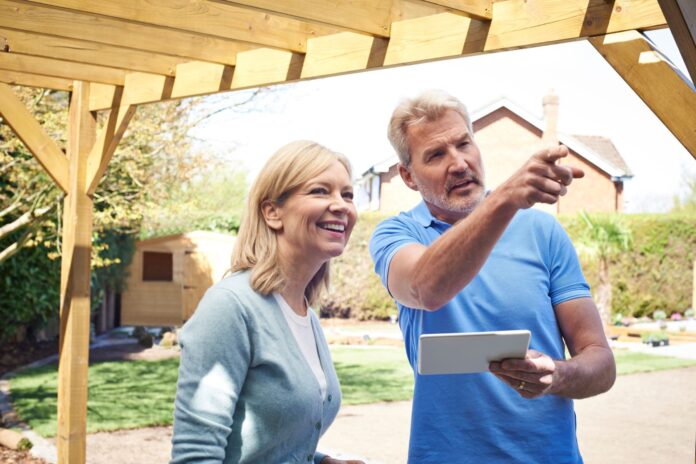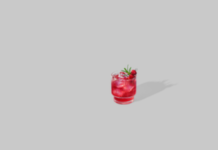ALEXANDRIA, Va. – “Backyarding” – the act of taking activities typically associated with the indoors outside into the green space around us – will continue taking root in 2024, according to the TurfMutt Foundation, which advocates for the care and use of green space, including our own backyards, community parks, green space, and school yards. But next year, the TurfMutt Foundation expects the practice of “backyarding” to evolve into an ongoing sustainability practice.
“Now more than ever, homeowners are recognizing the power of their yards and parks doing environmental good, as well as benefitting their health and well-being,” says Kris Kiser, president and CEO of the TurfMutt Foundation and its parent organization the Outdoor Power Equipment Institute (OPEI). “Homeowners are making improvements in their yards with many goals in mind, thinking about what’s good for their families, pets, and our planet.”
The TurfMutt Foundation predicts these 10 backyarding trends for 2024:
• Improving Existing Space (Rather Than Moving to a New One). High interest rates and low housing inventory mean more homeowners have chosen to renovate rather than move into a new home. With interior improvements complete, the focus turns to backyard improvements that customize the outdoor space and artfully merge indoor and outdoor living.
• Seeking a Home Near a Park or Nature. Even homeowners looking to downsize still want to maintain a connection with nature. They know backyarding can happen in any size yard and seek additional connection to nature through community parks, school yards, and other green space.
• Return of Neighborhood Parties…in the Backyard. Over the last several years, homeowners have invested in their outdoor living areas, and now they are using that space to bring back neighborhood block parties in their own backyards.
• Creating a Backyard Oasis for Fun. From parents looking for ways to lure their kids away from screens to neighbors wanting to connect with friends, homeowners are turning their backyards into a place for fun and games. Some go all out to install a pool or pickleball court while others take a simpler approach like designating a strip of grass for cornhole or a small soccer pitch.
• Taking Better Care of Living Landscapes. Since homeowners have come to value their lawns, trees, and plants more than ever, they are investing in their care like never before. This means investing in equipment for DIY work and calling in professionals, as needed, for pruning, rescuing diseased trees, and revitalizing turfgrass, just to name a few.
• Choosing Real Grass. The trend of ripping out real grass and replacing it with fake, plastic alternatives is fading as homeowners and communities recognize the limitations – and downsides – of plastic grass. Synthetic turf is hard to clean, hot on feet and paws, and difficult to recycle. • Planting for Pollinators. Once a niche practice, planting for pollinator support is omnipresent. Homeowners understand the importance of their backyards to provide food and shelter to pollinators like birds, butterflies, and bats year-round. And they are selecting plants for their yards with pollinators in mind.
• Adding Drought Tolerant Plants. Plants that are especially adapted to drier landscapes are better for water-stressed areas in our environment. Homeowners are doing their research and selecting plants that will thrive in their micro-climates.
• Mixing Materials. As outdoor living has become incorporated into daily life, homeowners are taking care to design cohesive outdoor spaces. They factor in landscaping, hardscaping (patios, outdoor kitchens, etc.), and natural aesthetics (trees, boulders, etc.).
• Backyard Birding. The birdwatching craze really took flight during the pandemic, but it’s not a fleeting fad. Birdwatching is not only relaxing; it is a great way to connect with nature right outside our back doors.













